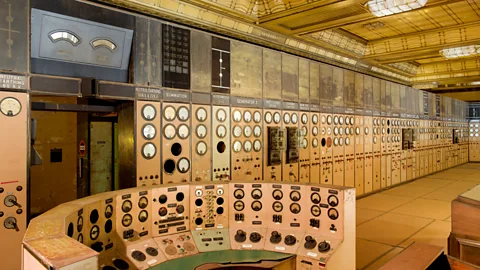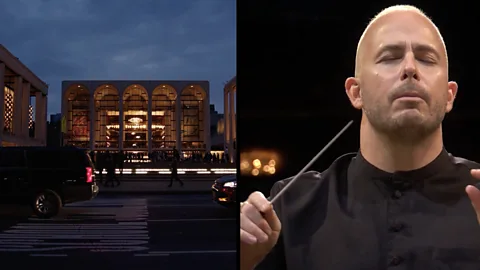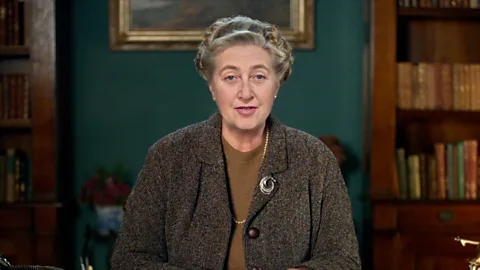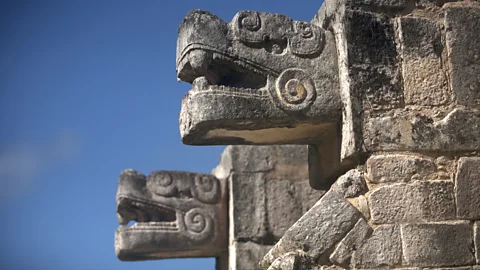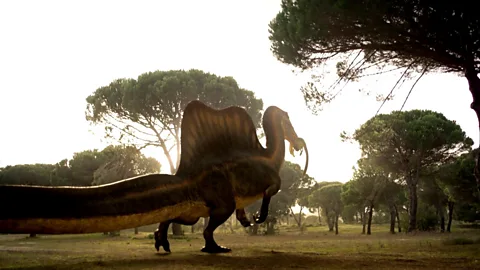The eclipse that proved Einstein right
While the ancients viewed eclipses as signs of great acts of God, physicists viewed the 1919 solar eclipse as a triumph of science. On May 29, 1919, the sun disappeared for six minutes and 51 seconds, allowing scientists to measure the deflection of starlight as it passed near the sun. These observations confirmed Albert Einstein's theory of general relativity, which describes gravity as the curvature of spacetime. This groundbreaking confirmation not only propelled Einstein to worldwide acclaim but also revolutionised our understanding of the fundamental forces shaping the universe.
Video dy Sarah Andersen, Executive Producer Anna Bressanin







